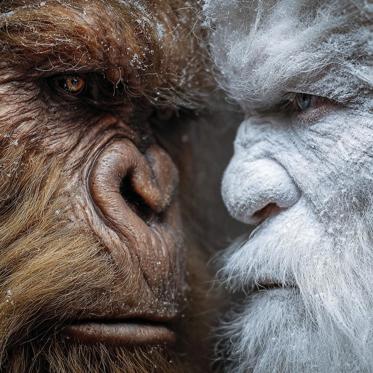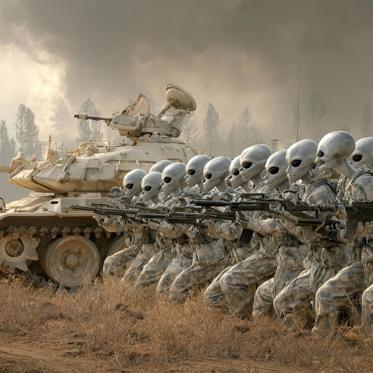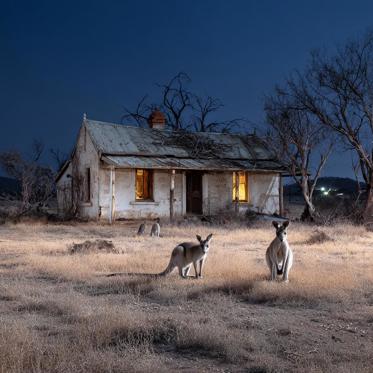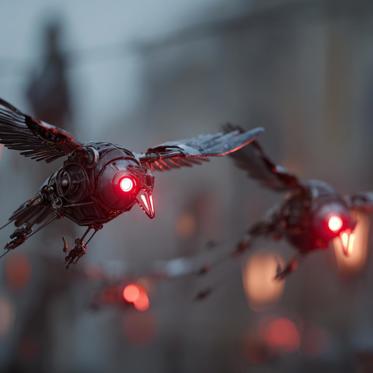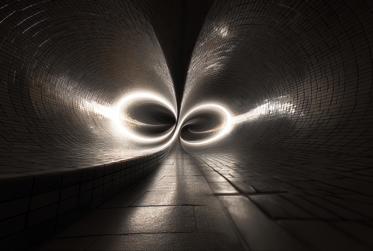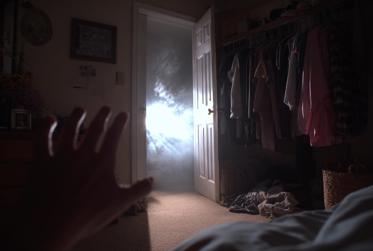One of the weirder corners of the paranormal is that of what are called "time slips." These are instances in which individuals or even whole groups of people have seemed to pass through some veil between time and space, to find themselves flung back far back into the past to witness events there before being catapulted right back into the present, often confused and with no idea what has happened to them. Such cases tend to be rare, but when they do happen, they also tend to be very bizarre indeed.
One such time slip allegedly happened to a small group of young men in England, which seems to have taken them back into the past of a small village and left a strange, unsolved mystery behind. It was the fall of 1957, when in October of that year, three cadets with the British Royal Navy went out into the English countryside in Suffolk for a simple map-reading training exercise. On this day, the cadets, named William Laing, Michael Crowley and Ray Baker, had the objective to simply follow a route through the scenic area, observe several assigned locations, map a route to a waypoint, make notes of what they found, and then return to report to their superiors. Considering that it was a clear, sunny day, it was more or less a pleasant walk through the picturesque countryside, and at first, that’s precisely what it was, but things were about to take a turn into the weird.
Along their route, the men passed the small hamlet of Kersey, a charming little village of only a few hundred people known for its rustic streets and historical medieval buildings. As they looked out at the village, it seemed like just another normal, quiet day, the church bells ringing out to join the bird song in the air, wisps of smoke climbing out of chimneys. Since Kersey was an assigned location along their route, they approached the village to observe it, but as they did, things allegedly got very weird, indeed. It began with the silence. The church bells were no longer ringing, the birds stopped singing, and even the sound of the wind seemed muted, as if a wall of silence had descended on them. Everything seemed still, the leaves not stirring on the streets, the branches of trees paused, everything seemingly frozen in time, even some ducks in a nearby stream were standing motionless, and perhaps even weirder still was that there was no one out walking about, despite it being a pleasant sunny day. Even the smoke from the chimneys had stopped churning out smoke. Indeed, as they entered the village, it seemed entirely deserted, and one of the cadets would say of the unsettling, eerie scene:
“It was a ghost village, so to speak. It was almost as if we had walked back in time. I experienced an overwhelming feeling of sadness and depression in Kersey, but also a feeling of unfriendliness and unseen watchers which sent shivers up one’s back… I wondered if we’d knocked at a door to ask a question who might have answered it? It doesn’t bear thinking about.”
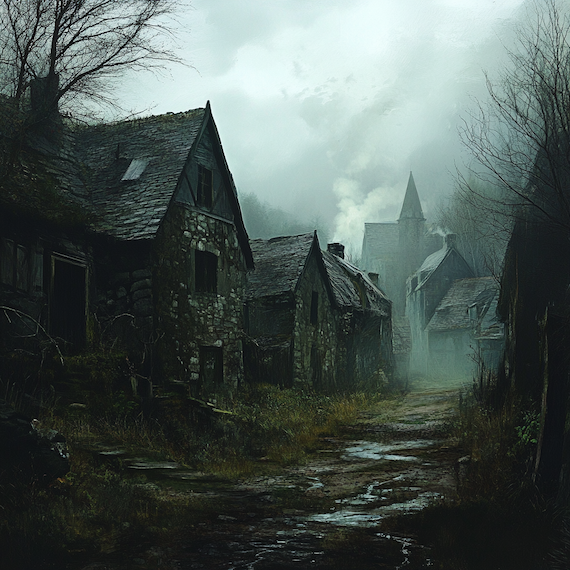
Things got even stranger still as they began exploring the village. There were no cars anywhere to be seen, no phone wires, no bicycles, and the road itself seemed roughly cobbled and old-fashioned. Although there were many medieval buildings in Kersey, they also noticed that they could see absolutely no modern buildings around them. All of the houses were of a medieval-style, all hand-built and timber-framed, with greenish glass windows covered in a film of grime. Adding to the surreal quality was that even the season seemed to have changed. Whereas it had been autumn, one cadet would mention that now “it was verdant… and the trees were that magnificent green colour one finds in spring or early summer.” They decided to approach one of these quaint, seemingly deserted buildings and looked inside, where they were surprised to see that it was some kind of creepy butcher’s shop. One of the witnesses would say of the odd sight:
“There were no tables or counters, just two or three whole oxen carcasses which had been skinned and in places were quite green with age. There was a green-painted door and windows with smallish glass panes, one at the front and one at the side, rather dirty-looking. I remember that as we three looked through that window in disbelief at the green and mouldy green carcasses… the general feeling certainly was one of disbelief and unreality. Who would believe that in 1957 that the health authorities would allow such conditions?”
They looked into some other buildings to find that, although they seemed to be houses, there was nothing in there, no furniture and no sign of life at all, as if they had suddenly been abandoned by residents who had taken all of their possessions with them. It must have been quite sudden because the smoke from the chimneys that they had seen had also stopped. They went to look for the church tower because it was a major landmark where they thought they would be able to get their bearings, but were startled to find that it simply was not there anymore, as if it had vanished into thin air, even though they had clearly seen it from outside of the village and it was the most famous building there. Where had it gone? Where had everyone gone? At this point, the three men were feeling very unsettled and spooked. There was an ominous, vaguely menacing feeling of dread coming over them, and they decided to get out of there as quickly as possible.
As soon as they left the village, they would report that everything abruptly went back to normal. The bells started again, the birds sang, the crisp wind of autumn hit them, leaves fell from trees, and the chimneys once again belched smoke. The church tower was also once again there, towering over the surrounding buildings, and the three astonished cadets could not account for any of it. Although their superiors confirmed that they had reached Kersey, the stranger details of the account were brushed off at the time, and they would just sort of swirl around in the back of the witnesses’ minds.
It would not be until many years later when in the 1980s the case came to the attention of paranormal researcher Andrew MacKenzie, of the Society for Psychical Research, when he received a letter from Lang and Crowley. Intrigued, he went to meet with the men and even went to the village with them, and the more he learned, the more he became convinced something truly strange had happened here. One of the main things that impressed MacKenzie was that the account was very historically accurate; for instance, the building with the cow carcasses indeed had once been a butcher’s shop, although in 1957 it would have been a private residence. Other observations of the layout of the town also matched true historical records, which were information these cadets would not have likely known. MacKenzie concluded that not only had these men traveled through a time slip, but he even worked out just what era they had gone to. He surmised that because the village had been mostly deserted and the tower was not visible to them that it had been so before the tower had been completed and when the village had been ravaged by the Black Death, by his estimate sometime in the early 1400s. He was so impressed with the case that he would include it in his 1997 book on time slips titled “Adventures in Time.”
Of course, there have been skeptics as well. For instance, it has been pointed out that glass windows would have been very expensive during that era and that it would be unlikely for a butcher shop with so many cow carcasses to be there in such a tiny village, as meat was a luxury product that would have been more common in larger towns. In the end, there seems to be no way to know for certain what these men experienced out there in that idyllic English countryside. Were they somehow transported temporarily to another time through means we may never fully understand? Or is there some other, more rational explanation? It remains unknown.
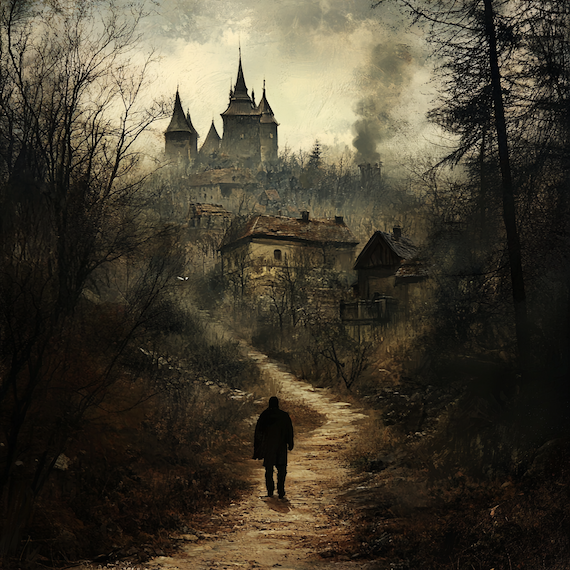
Another very strange time slip happened back in the 19th century on the frontiers of Canada, and it is a very weird case, indeed. Sir Cecil Edward Denny emigrated from England to the United States at the age of just 19 and in 1874 joined Canada’s North-West Mounted Police, working his way up the ranks from constable to sub-inspector. Denny took part in the Long March west, and he remained at Fort Macleod during the winter of 1874-75, where he kept detailed journals and notes on his many adventures through this wild land. He would describe the land in his The Riders of the Plains: A Reminiscence of the Early and Exciting Days in the North West:
“For some years after the advent of the North West Mounted Police into the western portion of the then Prince Rupert’s land, and to-day known as the North West Territories, the newness, and also the strangeness, of the country, were a source of unfailing interest to us, who belonged to that force. Game of all kinds abounded throughout the country and as we came to the foot hills of the Rockies, bear, elk and moose were often to be seen. This class of game was little molested by the tribe of Blackfeet Indians, whose home was out on the plains, and who lived altogether on the buffalo, which animals supplied them not only with meat, but nearly everything, either directly or indirectly, that they required. The streams were full of fish of many kinds, trout being the most plentiful, and near the mountains salmon trout which often weighed fifteen to eighteen pounds were easily to be caught.”
During his various travels, they also had much contact with the local Blackfoot tribe of the region, who were friendly and inviting to these outsiders at the time and often went hunting or fishing with them, and Denny’s writings are full of many detailed accounts of their way of life and culture. Indeed, Denny’s accounts are among some of the more detailed writings there are on the people and animals of this land, but among the myriad reports and musings of the wildlife or the Blackfeet there are some reports that really stick out as odd and seem to jump right off the page to firmly lodge themselves into the world of the weird, and one of these seems to be the time Denny came across some sort of time slip out there in the remote wilds.
In the summer of 1875, Denny made a trip from the fort on Old Man River to the foothills of the mountains, and up that river about 40 miles to do a bit of fishing and hunting. He took with him a pack horse, blankets, cooking utensils, an inflatable Indian rubber boat, and various other supplies, and accompanying him was a Native tribesman to act as both a guide and to help bring back any game they managed to bag, as well as two spare horses. At first, their expedition went off well, with each of them managing to shoot a deer, and that first evening, they set up a pleasant camp in good spirits and had a hearty dinner of venison and some trout they had caught in the river. It seemed as if it would be a fruitful trip that would go without a hitch until the following day, when they would run into some trouble and a threatening storm would seemingly spring up out of nowhere. Denny writes of this:
“On the following morning we packed the deer and our camp outfit on the two spare horses, and the Indian made an early start with them for the fort. I remained with the boat ready to go down by the river, keeping only my gun and a light overcoat, with a bite of cold meat and bread for lunch. I made good way down the river during the morning, which was fine and warm, only once having any trouble, at a rather nasty rapid, in the middle of which I stuck on a flat rock. In getting off the boat upset, and I got a thorough ducking before I could catch it again. The gun which was fastened by a cord to the side of the cushion, was not lost, although rendered useless for the time by water. I, therefore, camped early for dinner, eating the bread and meat, which, although rather sodden, was better than nothing. I got my clothes partially dried in the sun. All my matches were wet, and a fire was not to be had.
While camped about noon the weather began to look threatening, heavy banks of clouds gathering in the north, and now and then the growl of thunder in the distance could be heard. As I was not more than half way, I started again on my downward journey as soon as possible, but the farther I went the darker it grew, and I soon saw that I was in for a heavy storm, which, to say the least, was by no means pleasant. The thunderstorms along the mountains, although seldom of long duration, where often very severe while they lasted, and by the look of things, I was in for one of the worst. I however made my way steadily down the river, and after a while the storm came down with a vengeance. There was a heavy wind, with hail, rain, and perpetual lightning, followed by deafening peals of thunder, seemingly right overhead. I found it difficult with such a light boat to make any progress, as the heavy wind would drive me from one shore to the other, and the river was lashed into quite heavy waves, so that, although the boat could not sink, I was sitting in water up to my waist, and sometimes sheets of water would be blown right over me. As it was getting quite dark, although not more than four o’clock in the afternoon, I found it impossible to make my way, and I determined to land and wait until the storm was over.”
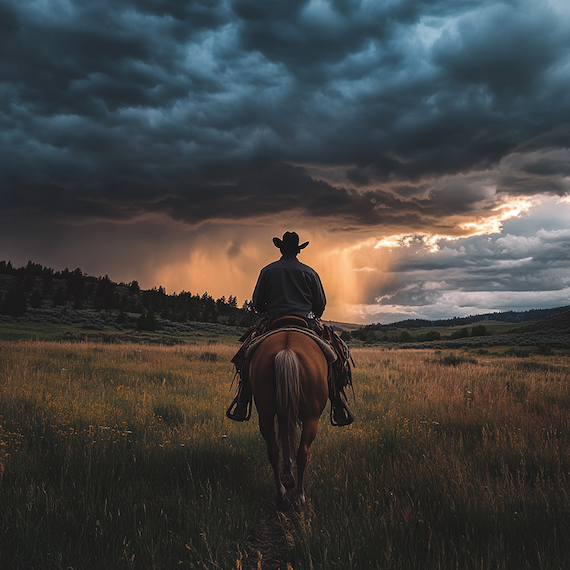
He managed to finally get to shore and take shelter in a stand of trees, and it was then that there was a lull in the storm just enough for him to make out over the slashing rain and crashing thunder the sound of drums thumping and beating from an Indian camp, accompanied by the sound of chanting. Considering that the Natives of the area were friendly, he tied up his boat securely and made his way towards the sounds of the camp, which became louder and clearer as he drew near. The storm chose that time to become even more intense than before, with lightning ominously flashing across the sky and the rumble of thunder shaking the earth, but he managed to make it within sight of the camp, and he says of what happened next:
“The storm had now come down worse than ever, and the lightning was almost blinding. I made my way through the timber as fast as possible, it not being any too safe in such close proximity to the trees, and coming out into an open glade of quite an extent, I saw before me the Indian camp not more than two hundred yards away. I could see men and women, and even children, moving about among the lodges, and what struck me as strange was the fact that the fires in the centre of many of the tents shone through the entrances, which were open. This surprised me, as you do not often find the Indians moving about in the wet if they can help it. They generally keep their lodges well closed during a thunder storm, of which they are very much afraid. They look upon thunder as being the noise made by one of their deities called the “Old Man,” while throwing great boulders from the mountains. There were, I should consider, about twenty lodges in the camp, and a band of horses could be seen grazing not far off on the other side of the camp.
I stood for a few seconds watching and considering which lodge to make for, and had taken a few steps towards the one nearest me, when I seemed to be surrounded by a blaze of lightning, and at the same time a crash of thunder followed that fairly stunned me for nearly a minute, and sent me on my back. A large tree not far off was struck. I could hear the rending of the wood, and it was afterwards found nearly riven in half. Some of the electric fluid had partly stunned and thrown me down. I was fortunate to have escaped with my life, and, as it was, it was a few minutes before I was able to rise and look around. I looked towards the place where the camp stood, but to my unutterable astonishment as well as terror, it was not there. It was quite light, although still storming heavily, and was not much after four o’clock. A few minutes before not only a large Indian camp had stood there, and the voices of the Indians could be distinctly heard, but now all had suddenly disappeared, even to the band of horses that were quietly grazing there only a few minutes before.
I stood for a moment almost dumb with astonishment, seeing and hearing nothing, when suddenly an overwhelming sense of terror seemed to seize me, and almost without knowing what I did, I ran towards the bank overlooking the river, which was about a quarter of a mile away, dropping my gun as I ran. I did not stop until I reached the top of the bank, and there I had to rest for want of breath. Here I managed to gather my wits together, and to think of what had taken place. The open place where the camp had stood was in plain sight from where I was, with the clump of trees behind towards the river, but it was empty, and not a tent or human being in sight. There was nothing but the trees tossed by the storm and the driving rain, and now and then a flash of lightning. I could even then hardly believe my eyes, but there was no doubt about it, and I did not remain long in sight of that spot, and being afraid to go down to my boat, I determined to walk down the river bank to the fort, which must have been a good fifteen miles away. It was one of the hardest journeys I ever undertook. What with the shock from being thrown down, and then the most astonishing and inexplicable disappearance of the camp, and also being soaked to the skin, I was in a most uncomfortable condition. The storm continued until night, when it cleared up, and I made my way into the fort at about midnight, completely fagged out, turning into bed at once, with no explanation to anyone.”
The following morning, Denny would tell some other officers in his regiment about what he had seen during that storm, but he was merely laughed at, and no one believed him. He was told it had all been in his head or that he was making up tall tales, but he knew what he had seen, and he could not explain it. He decided to travel back to the spot where the mysterious camp had been, taking one of the Indians and a Blackfoot interpreter with him, and they managed to find the spot fairly quickly, its spot hard to miss because of the unique bend of the river and rock formations nearby, but there was no sign of a camp there and they were met with an eerie quiet. Denny would write about what they found:
“We found the place without trouble, but it was vacant, and look as we could no sign of any recent camp was to be seen. A few rings of stone partly overgrown with grass showed where an old camp had been many years ago, and on questioning the Indian, he stated that the Blackfeet had surprised and slaughtered a camp of Cree Indians at that place many years ago, and in fact we came across two bleached skulls lying in the grass. The Indian did not seem to have any superstitions regarding that place. We found where a tree had been struck by lightning, and the boat and gun we brought away. I have, until now, but seldom mentioned this circumstance, but I am to-day as firmly convinced as ever that the Indian camp, together with the men, women, and the horses, was most certainly there, and that I suffered under no hallucination whatever, but account for it I cannot, and look upon it as one of those inexplicable riddles which cannot be solved.”
Were they somehow transported temporarily to another time through means we may never fully understand? Or is there some other, more rational explanation? Was this a case of another time somehow transposing itself onto the present? Was it some sort of mysterious interdimensional phenomenon? It remains unknown, and it goes to show just how far back weird time-slip stories go.
A very strange and prolonged time slip case was uncovered by paranormal researcher Carl Grove, who found a witness on the forum for the Unexplained Mysteries site who had a very bizarre story to tell. The witness, a Native American who calls himself James Two Hats, engaged with Grove in a long correspondence, during which time he would weave a fantastic tale of a mystical cave, vision quests, spirits, a ghostly phantom storm, and travel through time. The witness’s testimony is as odd as it is engaging, with Jimmy claiming to have had visions and psychic abilities from a very young age. When he later served in the Vietnam War, he claims that these powers were recognized by his higher-ups, and that he was recruited into a “highly secret operation” that was using psychics to try and gain an advantage in the war, including remote viewers, clairvoyants, and any gifted person the military could get their hands on. Jimmy was one of these, although he says that his memories of his time with the program seem to have been mostly wiped, but that the vestiges of what he does remember are like nascent flashes from a half-remembered nightmare and are “confused and some of them are horrific.”
After the war, he spent a long time trying to come to terms with post-traumatic stress disorder, as well as with his psychic abilities and what he had experienced during his time in the program. He had frequent, horrific nightmares that involved creatures dragging him away through the walls, and he developed a profound fear of the dark. He was getting very little sleep and it was deeply affecting his life, and it was at this time that he began feeling a powerful pull towards a place that he had known about since his childhood, a cave he calls Cob Cave, near Jasper, Arkansas, located next to a sacred lake in what is now Buffalo National Park. He explained to Grove about this cave:
“The place scared me. There was a place on the trail to it where I always felt the air change from warm to cold, it was like crossing a line I couldn't see and it happened in any season. I tried to point out the spot to other people but I was the only one who felt it. The cave is a beautiful place with a creek and a waterfall on the open side, and it frightened me down to my bones. In 1990 I was going through some hard personal times and decided to take up some of the old Indian ways and get back into my meditation as well, to try to put my life on a better course. Part of what happened involved a resurgence of connection with that cave. I felt there was someplace I had to go, and that was how it started. Cob Cave rang up, felt like the place. I said to myself, Is it Cob Cave? and something else in my mind said, Yes.”
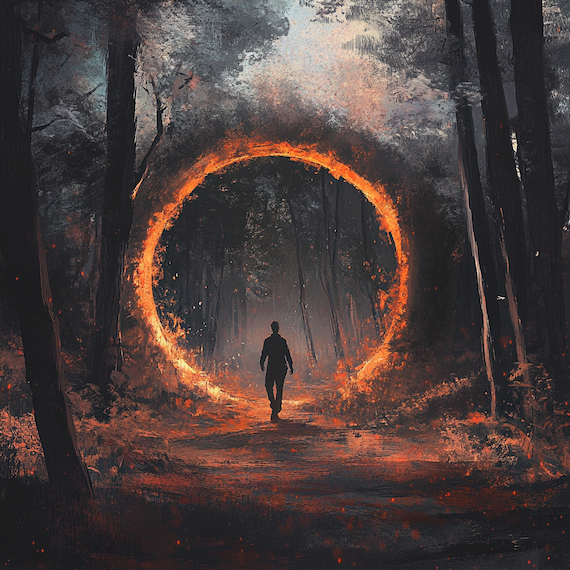
Over the next several weeks, he began having long conversations with these voices in his head, which he claimed were coming from outside of himself and were those of mysterious spirits. These voices told him that he was special, and that he had latent powers he could only dream of, but that to unlock them fully, he needed to make an overnight vision quest to that cave. Jimmy was told that there he would learn things, that he would be tested, and that his eyes would be opened, but that it would also be dangerous and that he only had about a 50% chance of surviving his coming ordeal. He was also told that if he were to refuse, then he would forget all of it and that his life would go back to normal as if nothing had happened. Curious as to what was at that cave and what would happen, he accepted, and says of what happened next:
“They gave me some advice about how to live for the next month, that being the amount of time I had to wait, and then they stopped talking. So for about a month I lived a very clean life, ate only the old foods, and wondered if I was crazy or not. When the time came, I had to go, or I would have lost all self-respect. I took portions of the old foods as offerings, took a bottle of ginger soda, and a book of matches. I drove down to the cave trailhead and sat in my car until after closing hours, and walked up to it as the sun went down, managing to avoid any late hikers or rangers by dodging behind trees and fading into the shadows here and there. When I was sure everyone else had gone I went into the cave, barely able to find my way to the ledge at the back, and then I knew I was there for the night no matter what because it was too dark to find my way out.”
He found a spot in that cold, dank darkness and sat down to wait for what was in store for him, wary of what the spirits had told him, but the voices in his head were silent for the time being. He waited there in the dark, and at first nothing happened, just silence, to the point that he began to think that he was perhaps losing his mind. After all, he had driven out to this remote cave on the whim of voices in his head telling him to go on a vision quest and wait alone in that cave for some sort of spiritual test, so perhaps his grip on reality was loosening. That was when it seemed the test began in spectacular fashion. He would explain of what he experienced:
“Ghostly apparitions confronted me and attacked me, and if I disregarded them as just illusion they elbowed me in the ribs or stabbed me with sharp objects. An unexplainable storm came up and focused directly on the valley and the mountain above me, and even blew through the cave itself. I thought at one point I might be in a tornado and lightning hit the mountain nine times. Each time I could hear the rocks behind me crackling and popping as the charge dissipated and it was like the lightning was looking for me, getting closer to me with each strike. I truly thought I was going to die and I was lying back to the wall as low as I could get, up until it all struck me as funny and I sat up and started laughing and cheering on the storm, things swirling around me in the wind, rocks falling from the cave roof, lightning flashing and thunder booming and the creek roaring past in full flood, and I felt completely in harmony with all of it. Within moments it all stopped, and I assumed it was all over, maybe I even passed the test.”
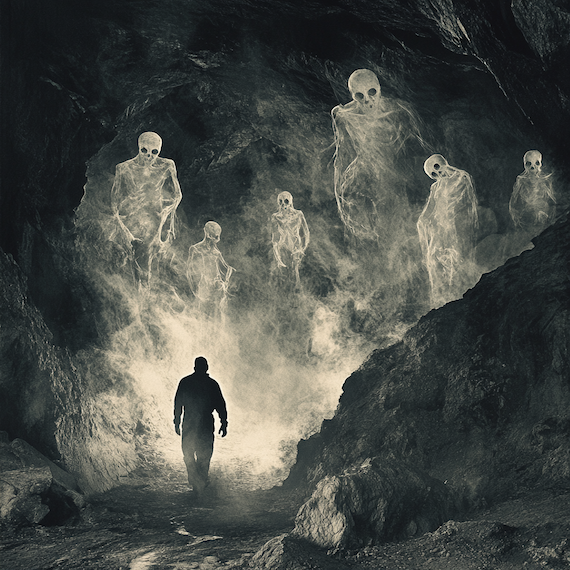
When the ordeal suddenly stopped as soon as it had begun, Jimmy was alone once more in that cave, cold, wet, and thirsty, with just an hour left before the approaching sunrise. He thought about trying to feel his way out of the cave, but deemed it too dangerous because it was still too dark, and so he felt around for a dry place to try and lie down for a rest. When he finally found a good spot and was about to take a nap, he then noticed a strange light filling the cave and lighting up the actual rocks, the cave walls glowing brighter and brighter as he wondered what was coming next after that first spiritual assault. He explains of the bizarre events that would transpire:
“What happened, happened instantly. Suddenly the rock around me wasn't solid any longer, a circular area around me didn't have rock in it anymore and I had been depending on that rock for support. I scrambled for a grip on something but started falling like I'd jumped out of a plane, straight down, going through hoops of light that now remind me of what Black Elk described as the Hoops of Nations, hoops within hoops within hoops and I was flashing through them with a whoosh. After what felt like a long fall with a sudden right turn, I found myself standing in the cave unharmed, but things were very different. It was the same place, but it was daytime, maybe early afternoon from the angle of the light. Late summer by the smell of things, a crispness already in the air. Across the hollow that borders the cave I saw a red clay slope dotted with huge widely spaced evergreen trees, where I should have seen rocky steps cut into the limestone by the CCC, second growth oak and hickory forest, and a stand of slender pawpaws.
It was how things should have looked there, ten thousand years before, and I began to worry about how I was supposed to get home because I didn't appear to be waking up. I pinched myself and it hurt a lot but accomplished nothing. Then I heard voices to my left, people talking in a language I did not know, and my first thought was that I'd somehow fallen back in time and now some Indian people were going to torture me to death. They turned out to be friendly, though, and I stayed with them for several weeks before they sent me back. When I came back, I was on that same stone I fell through, lying flat on my back and fully conscious, dry and warm even inside my boots.”
What was going on here? Did this man somehow travel through the walls of that cave and through time and space? If so, then how was this possible? Was it the doing of the spirits or some latent quality of his already innate psychic powers, somehow enhanced and focused by the cave? Jimmy himself believes that some places are inherently imbued with mysterious energies, and that anyone can access them and use them to travel through time and space if only they can harness their ability to do so and sharpen their perceptions. He says that shamans have long sought to achieve this through vision quests, although he admits that it would be rare for one such as him to do so without disciplined training. In his case, he claims that it was the fact that the cave was a potent example of one of these power points, plus his psychic abilities and perception and focus cleaned through meditation that had allowed him to do this without proper guidance and training. He says of his ideas on all of this:
“I've regularly practiced meditation nearly my entire life and I also practice chi gong and some of the Shaolin methods for generating and controlling energy. It's fair to say that I have perceptions and consciousness at levels most other people do not... I believe that anyone has this potential but few of us use it. The test of the lake had that purpose, to separate out those who have a strong natural talent for this. Other people would not see the lake at all and perceiving a time slip event should be much that way, depending partly on the ability of the individual to release the dominant view of the world.
I've read that in the old times, and possibly even now, certain shamans were able to use these high energy places as physical transportation. It was a high level talent few people acquired, but those who achieved it could teleport from one place of high energy to another. Often these places were marked by circular structures, naturally occurring as trees or stone formations, but in some cases these energy vortexes were only specific places on a flat plain, for example marked by nothing but an odd sensation when you passed over them. People would mark these spots with circles of stones. A shaman could move instantly from one to another even when the two points were separated by hundreds of miles.
To me this seems to be partly based on energy and partly on perception. the two different vortexes harmonize, overlapping in terms of force, and if you know the place you intend to go to, perceiving that place instead of yourstarting point puts you there... A similar effect might explain the timeslips, as harmonies of energy surges that occur in the same place but apart in time. Human perception might be essential to this, as a catalytic force. Houses might not appear if no one is there to see them. Without a mind present the energy might remain formless, a fog that comes and goes without incident.”
It is all a rather bizarre account, and one is left to wonder just what to do with it. Is this just hallucinations, drugs, or fantasy, or is there something more to it? Did this witness go out into the great beyond past what we think we know, or is he simply pulling our chain?
So what are we to make of time slips? Are these people actually traveling through time? Are they merely viewing a past that has somehow been imprinted on reality as if images to film? Could it involve forays into parallel dimensions, perhaps pushing through some thin spot between realities? Whatever the case may be, these potentially provide very strange and bizarre accounts offering a peek into worlds and realities beyond what we know, and true or not are all damn strange tales all the same.
Trending Podcasts
-
 34.05 I MU Podcasts
34.05 I MU Podcasts34.05 - MU Podcast - Truth Lurks in Shadows
-
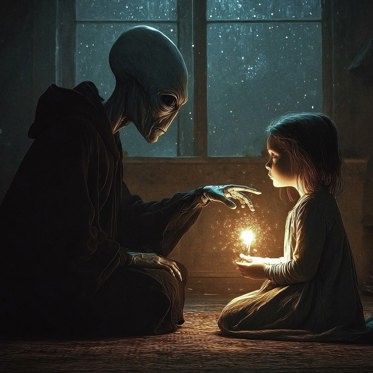 +32.06 I MU+ Podcasts
+32.06 I MU+ Podcasts32.06 - MU Plus+ Podcast - Cosmic Lawfare
-
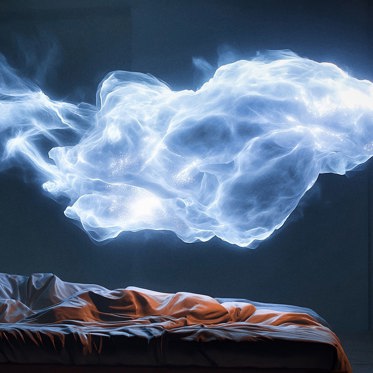 34.06 I MU Podcasts
34.06 I MU Podcasts34.06 - MU Podcast - Web of the Plasma Angel
-
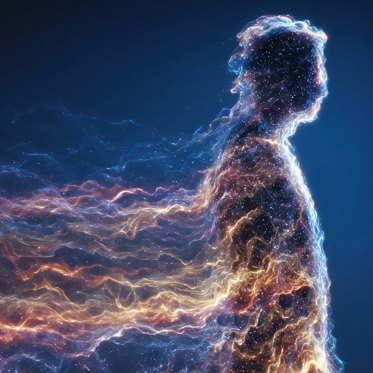 +32.05 I MU+ Podcasts
+32.05 I MU+ Podcasts32.05 - MU Plus+ Podcast - The Escaping Aura
-
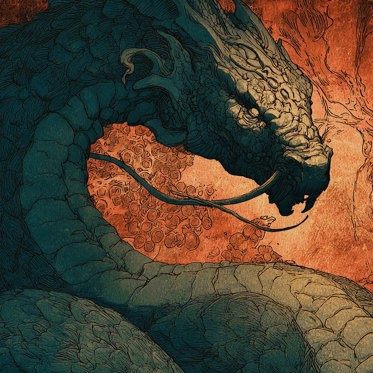 34.04 I MU Podcasts
34.04 I MU Podcasts34.04 - MU Podcast - The Occult Wyrm
-
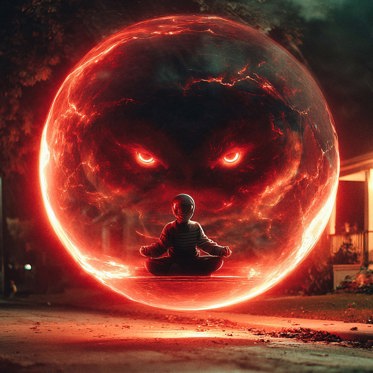 34.07 I MU Podcasts
34.07 I MU Podcasts34.07 - MU Podcast - The Orb Pilots

